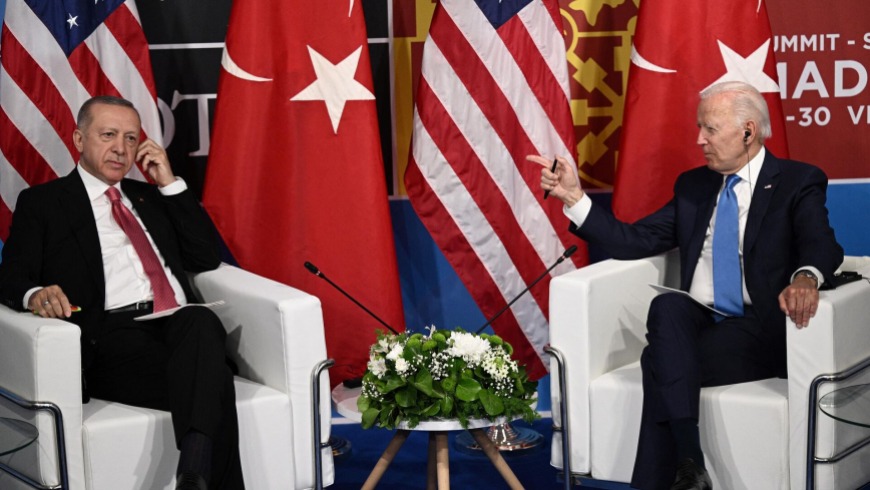In the shadow of the October 7 aftermath, Middle Eastern nations, still haunted by the specters of the Arab Spring, exercised internal caution to preserve their grip on power amid fears that the ongoing war might reignite the embers of dissent, smothered only by the fear of oppression and deprivation. This apprehension did not, however, manifest in their external engagements, which remained driven by the intent to move beyond the Arab Spring era and reclaim a semblance of the status quo ante.
Turkey, diverging from this trend, adopted a fresh approach, particularly in the lead-up to its presidential elections, focusing on resetting relations from scratch. This included deepening ties with both Arab states and Western countries, despite facing domestic criticism over its responses to the Al-Aqsa Mosque incidents and the situation in Gaza. Turkey’s stance, historically more pronounced than that of its Arab counterparts, took many by surprise, especially those detached from objective analyses of the evolving geopolitical landscape.
The economic imperative steered Turkey towards rekindling relations with Syrian President Bashar al-Assad, though talks of a high-level meeting between Assad and Erdogan were quickly derailed, highlighting the complexities of restoring such ties to their erstwhile state.
Turkey’s regional diplomacy exhibited flexibility, with strategic maneuvers adapting to the shifting realities on the ground, all aimed at securing national interests through the path of least resistance. An indirect benefit for Turkey in Syria has been the extension of a broader cooperative front with Russia through discussions about the Syrian regime and the establishment of communication channels, even if definitive conclusions remain elusive. The recent Turkish stance towards the Assad regime, articulated by Foreign Minister Hakan Fidan, underscores a perception of Assad’s limited autonomy and preconditions for diplomatic engagement as counterproductive.
Turkey’s interests in Syria are multifaceted, spanning the presence of Turkish forces in northern Syria, border security, the situation of Syrian Democratic Forces (SDF) and Kurdish groups near the Turkish border, and the status of Syrian refugees in Turkey. This array of concerns indicates Turkey’s conviction that concessions to the Assad regime would be fruitless, preferring instead direct negotiations with major international actors like the United States and Russia.
The Syrian agenda was notably present in the comprehensive dialogues between the United States and Turkey, covering a wide range of regional issues. Despite not being the centrepiece, the Syrian file is intricately linked to Ankara’s broader strategic considerations, particularly its relationship with both Washington and Moscow. The crux of Turkish-American discord in Syria revolves around the approach to combating ISIS, with the U.S. backing the SDF, a stance Ankara opposes due to the perceived threat of Kurdish separatism.
Turkey’s nuanced position, balancing its engagements with Russia and the U.S., reflects a strategic calculus that recognizes the limitations of direct dialogues with the Syrian regime. This realization propelled Turkey to seek alignment with the “shepherds” or major influencers on the Syrian issue, leveraging its “Western-friendly” stance for enhanced communication with the U.S., without compromising its ties with Russia.
In sum, the shift in Turkey’s focus regarding Syria does not signify a waning interest but rather a strategic recalibration, emphasizing the impracticality of direct engagement with Assad and the importance of influencing broader international and Syrian policy arenas.
This article was translated and edited by The Syrian Observer. The Syrian Observer has not verified the content of this story. Responsibility for the information and views set out in this article lies entirely with the author.


